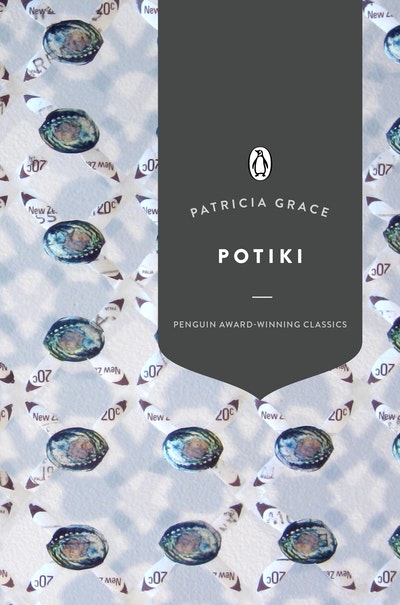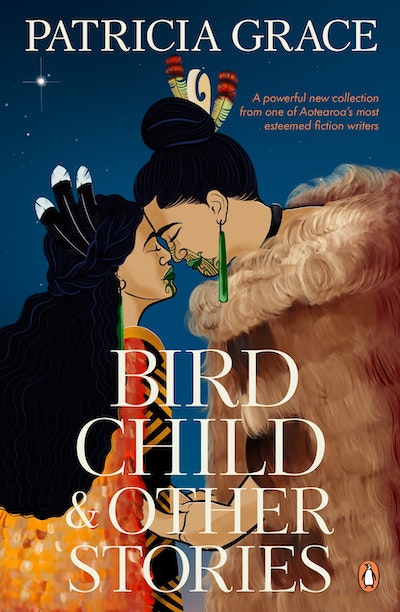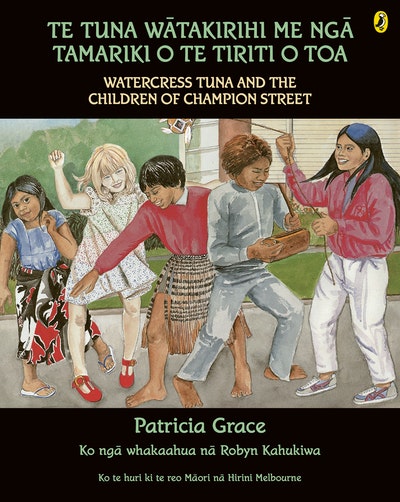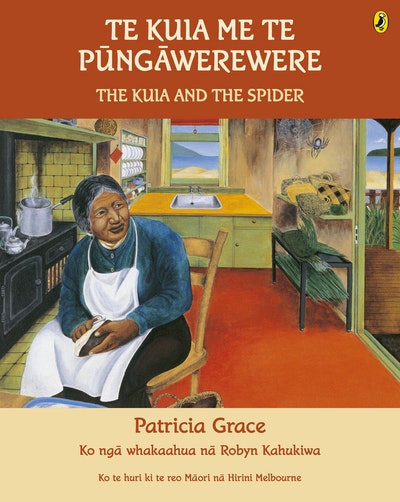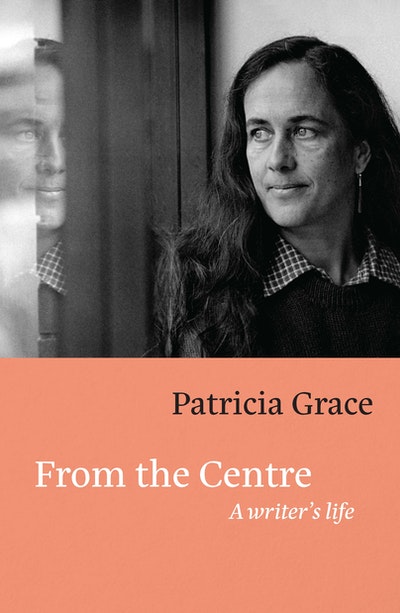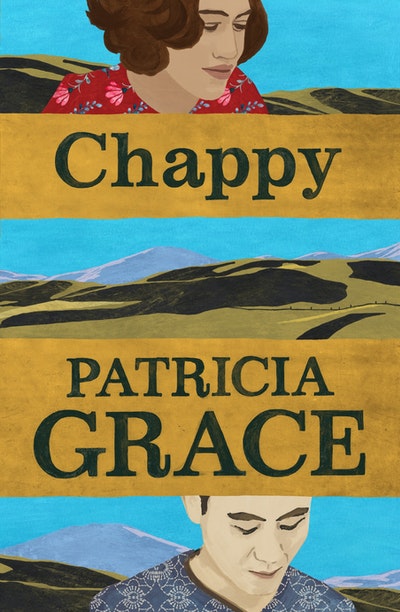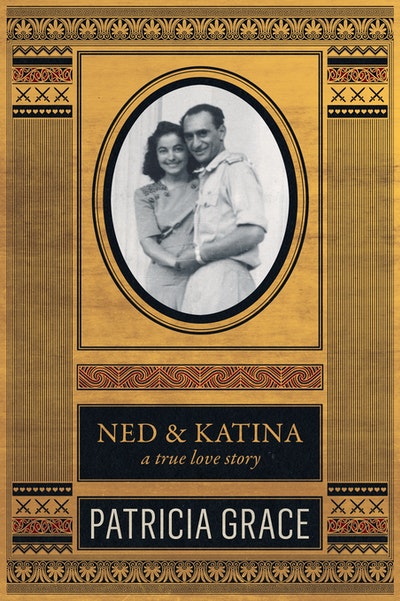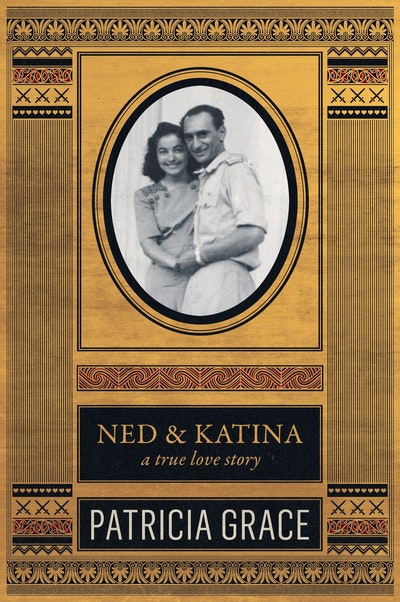[]
Potiki
Formats & editions
Buy from…
- Published: 30 May 2016
- ISBN: 9780143573784
- Imprint: Penguin
- Format: Hardback
- Pages: 224
- RRP: $29.99
A searching examination of human nature [by] a canonical figure in postcolonial and Maori literature . . . a timely arrival, praising the strength and the resilience of the human spirit whilst capturing, in moments of crystallising clarity, the tragic masochism of its pain and sorrow.
Arts Desk
